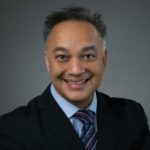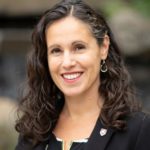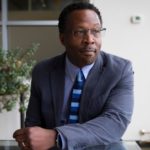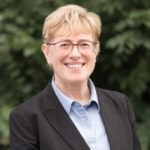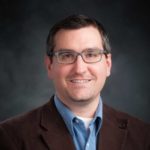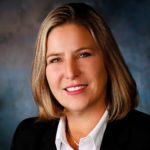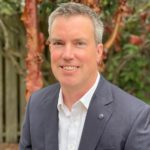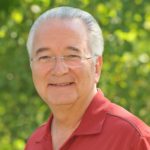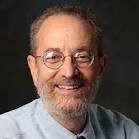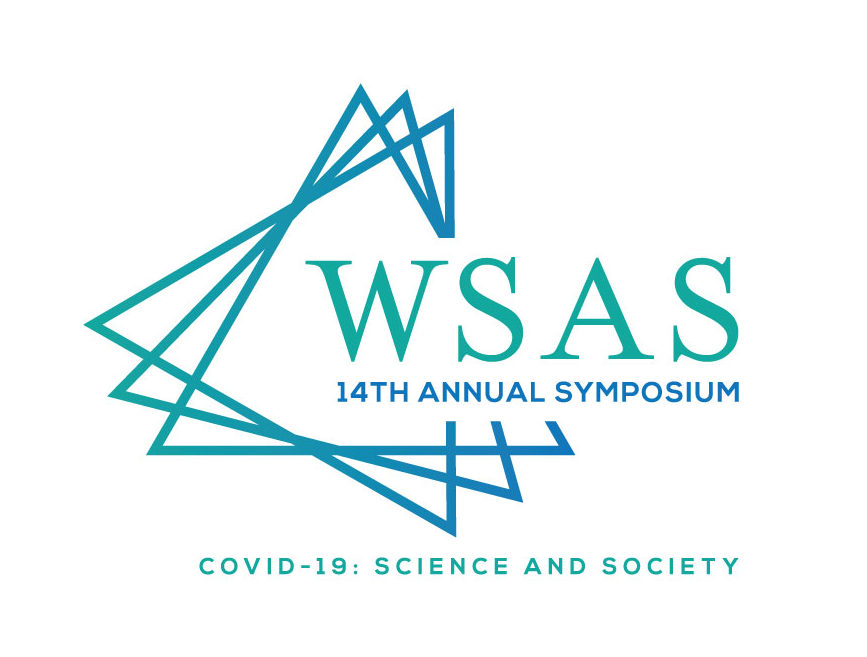
The COVID pandemic has upended life in Washington, nationally, and globally. It has highlighted the importance of science in addressing societal challenges, and the many links between science and larger social issues, including social justice, political discourse, and economic activity. The 2021 WSAS symposium took place roughly 18 months into the pandemic. It focused on what we have learned thus far, including biomedical aspects, broader social implications, and the many connections between them. The symposium payed particular attention to the implications for Washington and on how scientific insight can help crystallize the lessons learned, inform the recovery process, and build resilience against future disasters.
Keynote Speakers
Immunity
This session reviewed biomedical and public health aspects of the pandemic. Key issues included the virus itself (its origins, its capacity for mutation, its clinical effects, and questions of duration and robustness of immunity); medical countermeasures, especially vaccination; and public health countermeasures (testing, epidemiologic surveillance; modeling and forecasting; masks and social distancing). Common themes included uncertainty and how it was handled; tradeoffs; and how the science was communicated.
Panelists
Community
This session focused on some of the social implications of the pandemic. One key issue included the impact on families; job loss, workplace environments, and the disproportionate impact on women, children, and those with low socioeconomic status. Another issue that was addressed was the disruption of K-12 and higher education and the identification and response to academic, emotional, and developmental impacts on current students. The last key issue discussed was public discourse; the framing and discussion surrounding COVID-19 in traditional and social media, and the role of disinformation and science in public discourse. Common themes included disparate effects on specific racial and socioeconomic communities and how to prepare for the changes to societal norms resulting from COVID-19.
Panelists
Opportunity
This session focused on the far-reaching economic impacts on both the private sector and the public sector in our state. Key issues included the exponential growth and downturn of specific industries and firms; the effects on small business; impacts on the state’s cities and towns, and policymaking to combat these effects. Common themes included the difficulties with quantifying these impacts and how to address the largest and most enduring economic and infrastructural impacts of COVID-19.
Panelists




